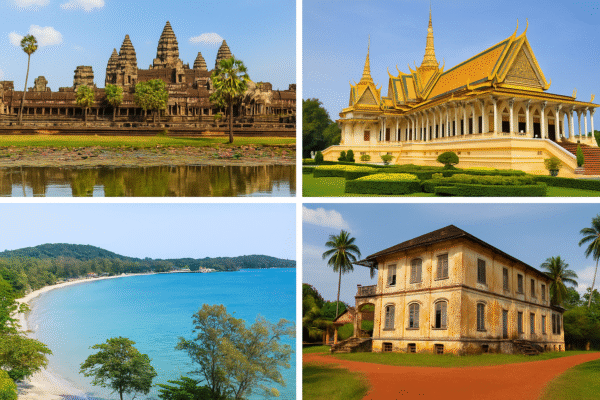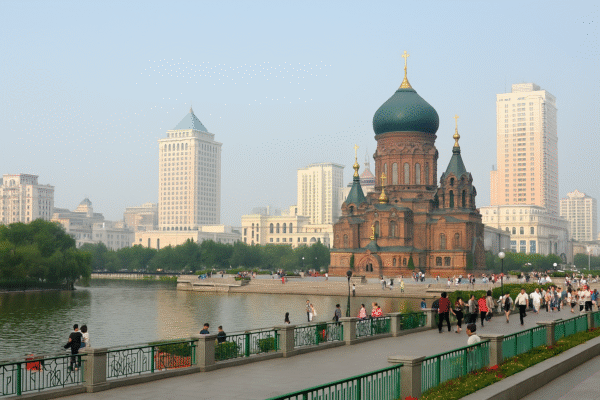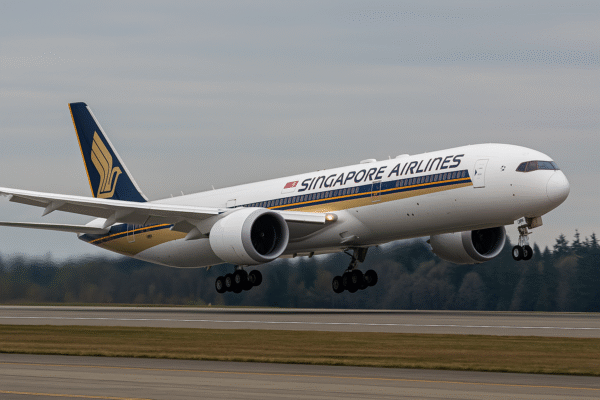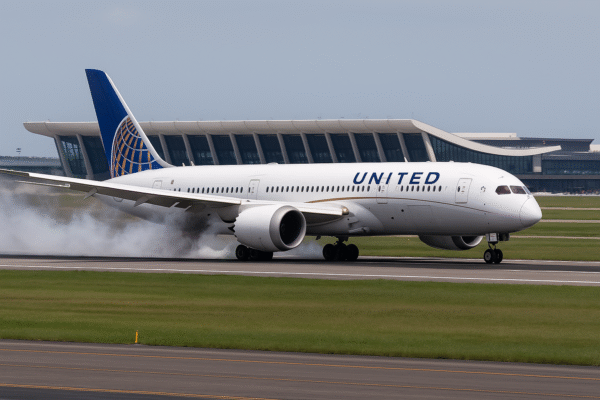As Southeast Asia swelters under record-breaking summer temperatures, thousands of tourists are heading north—not to the coastlines, but to the inland, high-latitude city of Harbin, China. Known for its world-famous winter ice festival, Harbin is now gaining fame as a cool summer refuge for travelers from Singapore, Indonesia, Malaysia, Vietnam, Cambodia, and the Philippines.
With average summer highs hovering around a refreshing 23°C (73°F), Harbin is emerging as the region’s newest warm-season favorite. The city’s upgraded tourism infrastructure, expanded air connectivity, and streamlined visa procedures are fueling this shift—and the numbers are speaking volumes.
Cool Climate and Scenic Diversity Lure Southeast Asian Travelers
While most of China endures the sweltering sanfu period—the hottest part of the year—Harbin is enjoying crisp, sunny days and mild evenings. This stark climate contrast is becoming a magnet for heat-weary tourists seeking relief from Southeast Asia’s rising heat index, which regularly exceeds 35°C (95°F) during peak summer months.
In June 2025 alone, Harbin welcomed over 1,300 inbound travelers from Southeast Asia. Organized travel groups from Singapore, Malaysia, and Indonesia accounted for a 30% year-on-year increase. By September, over 100 groups comprising more than 2,000 travelers are expected to arrive, with bookings stretching through 2026.
Direct Charter Flights and Streamlined Visas Fuel Growth
Accessibility has been a key driver of Harbin’s booming popularity. Thanks to a growing network of direct international charter flights, cities across Southeast Asia now enjoy seamless access to Harbin. These flights cut travel times and eliminate cumbersome layovers in larger hubs like Beijing or Shanghai.
In tandem, visa processes have been simplified. Chinese authorities have relaxed entry procedures for ASEAN countries, introducing faster processing times, e-visas, and group travel-friendly documentation. This has particularly benefited last-minute travelers and tour operators looking to fill group quotas with minimal red tape.
Expanding Tourist Offerings and Regional Excursions
Beyond weather and logistics, Harbin’s expanding array of attractions is elevating the tourist experience. Visitors can now explore:
- Russian-influenced architecture like St. Sophia Cathedral
- Cultural shows and folk performances inspired by Harbin’s Eurasian history
- Riverfront cruises on the Songhua River
- Lush green parks like Sun Island
- Street food hubs serving Northeastern Chinese cuisine and fusion dishes
To further capitalize on regional interest, tourism boards have developed multi-city packages within Heilongjiang Province. Visitors are extending stays to explore destinations such as:
- Yichun: a forested retreat known as “China’s Forest Capital”
- Mohe: China’s northernmost city, where tourists can catch the aurora borealis in winter or enjoy starry skies in summer
Innovative Travel: Sightseeing Train Offers Luxury on Rails
One of the season’s most exciting developments is the Yichun Sightseeing Tourist Train, launched in April 2025. Designed for leisure travelers, the luxury train features:
- Themed interiors celebrating Chinese film heritage
- Spacious sleeping berths
- Fine-dining carriages
- Onboard entertainment and cultural experiences
The first journeys saw over 100 passengers from Singapore and Malaysia, and demand has soared. More than 10 additional itineraries are scheduled through 2026, offering curated travel through some of China’s most scenic northern landscapes.
Travel Numbers Confirm Harbin’s Rising Star Status
Recent figures from Harbin’s immigration department underscore the city’s global appeal:
- 61,000 cross-border movements recorded in July 2025, up from 51,000 in June
- Of these, nearly 10,000 were foreign tourists, a 15.9% increase year-on-year
- The trend reflects growing demand for secondary destinations that combine value, comfort, and cultural depth
A New Summer Tourism Model for Asia
Harbin’s ascension from “Ice City” to year-round destination is reshaping regional travel dynamics. Southeast Asian tourists—once focused on megacities like Beijing or Shanghai—are increasingly seeking off-the-beaten-path destinations offering:
- Lower costs
- Pleasant climate
- Authentic cultural immersion
- Less crowded experiences
The transformation is strategic. Harbin’s tourism bureau, in collaboration with the China National Tourism Administration (CNTA), has launched multilingual guides, halal-certified dining for Muslim travelers, and mobile-friendly booking platforms to support the wave of international visitors.
What’s Next for Harbin’s Global Tourism Vision?
With continued investment in aviation links, accommodations, and niche tourism—such as wellness retreats, photography tours, and historical walks—Harbin is well-positioned to become China’s leading four-season destination. No longer limited to its icy charm in winter, the city is rewriting its narrative for summer tourism in Asia.
For Southeast Asian travelers, Harbin offers a compelling trifecta: comfort, culture, and convenience. Whether you’re escaping tropical heat or seeking a new side of China, Harbin promises an experience that’s cool—both literally and culturally.
For more travel news like this, keep reading Global Travel Wire

















